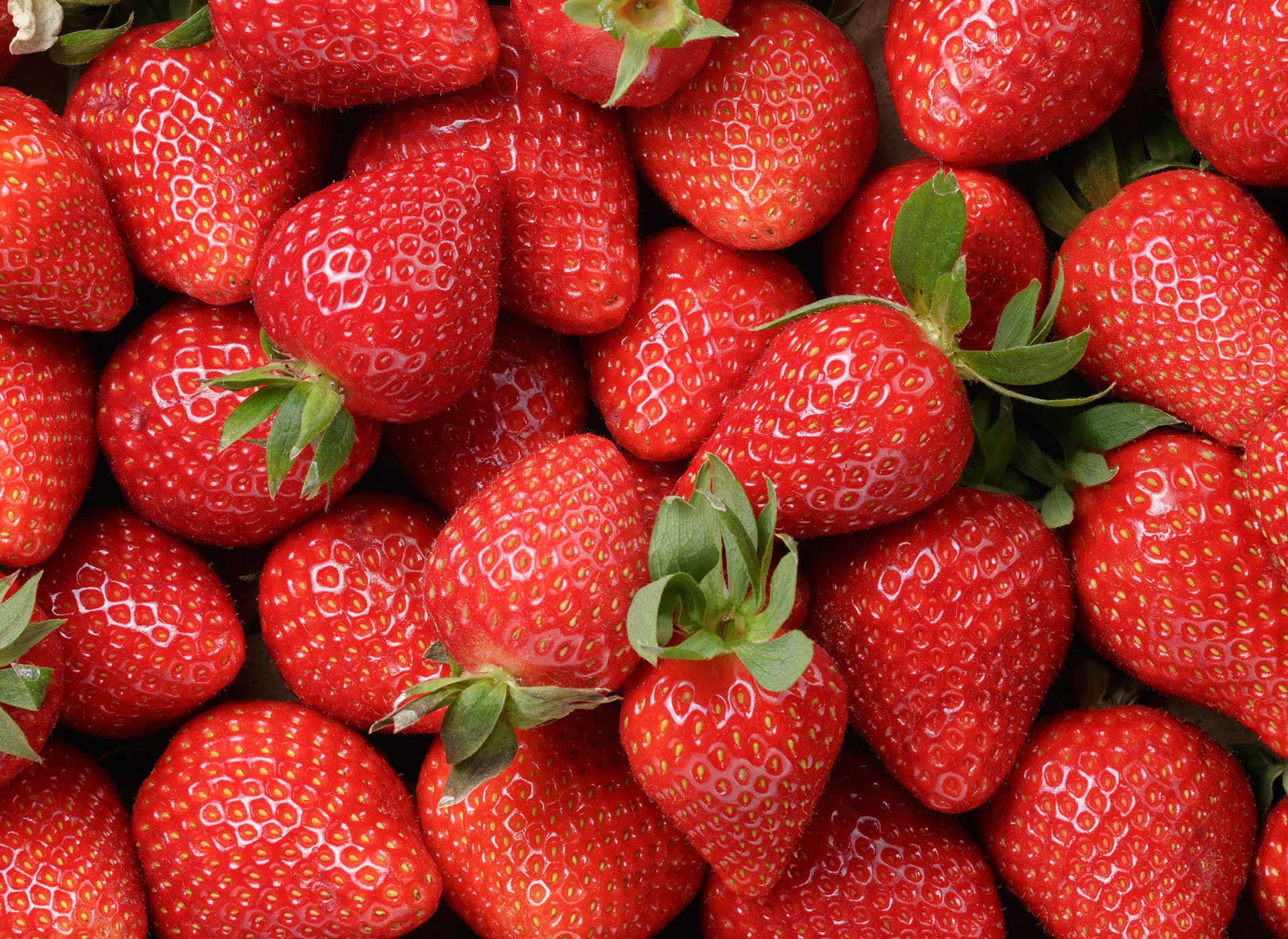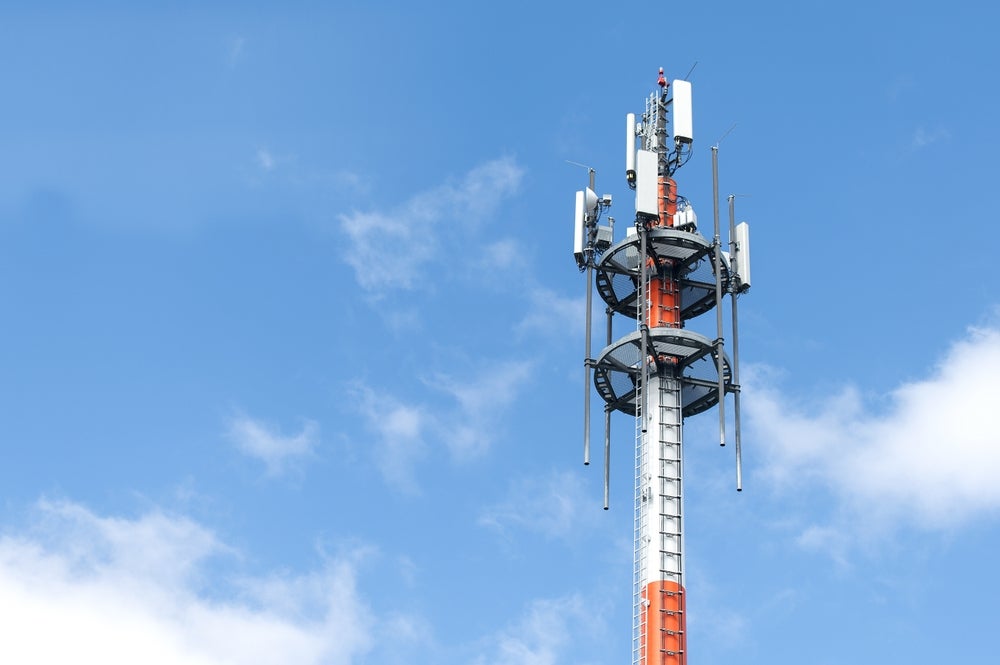
Startup FruPro has released a not-for-profit platform to combat food waste during the Covid-19 coronavirus outbreak that could potentially help feed half a million people in just 2 days with food previously destined for the bin.
When it comes to food waste and scarcity, there is something of a dichotomy in the food system, which has been made more prevalent by the coronavirus.
We’ve seen empty supermarket shelves, with shoppers sorely missing the variety in products they have grown accustomed to. However, stocks of fruit and veg are currently sitting idle in warehouses across the UK amidst supply chain disruption. Elsewhere, fresh produce is spoiling in the fields due to a workforce shortage in the agriculture industry.
This current landscape has worsened an already pressing concern in the food industry: estimates are that up to 40% of fresh produce grown in the UK is wasted.
Combating food waste during the coronavirus crisis
Hounslow-based start-up FruPro has launched a not-for-profit version of its communication and trading platform, which connects food growers with retailers.
The goal is to reduce waste by creating a centralised platform that puts those with produce in touch with those who need it.
How well do you really know your competitors?
Access the most comprehensive Company Profiles on the market, powered by GlobalData. Save hours of research. Gain competitive edge.

Thank you!
Your download email will arrive shortly
Not ready to buy yet? Download a free sample
We are confident about the unique quality of our Company Profiles. However, we want you to make the most beneficial decision for your business, so we offer a free sample that you can download by submitting the below form
By GlobalData“The key thing for us is that no food ends up in the bin,” says William Hill, CEO of FruPro. “Despite empty supermarket shelves, there is a huge amount of fresh produce available because many wholesalers sell directly into the hospitality sector – which has closed down. The issue now is getting that food to retailers. Reynolds, a leading supplier for the foodservice industry, is one of the platform’s earliest participants.
FruPro facilitated the diversion of 180 tonnes of fresh produce to independent retailers and wholesalers across the country, by helping Reynolds find buyers in the retail sector through food marketing company WT Hill.
“FruPro have been a great help to Reynolds in ensuring that we have been able to divert produce, which might have otherwise gone to waste, to people who really need it,” says Matthew Jones, a Senior Buyer at Reynolds. “Now more than ever it’s important that our industries work together to prevent food shortages and minimise any wastage”.
Currently, FruPro is focusing on diverting produce to independent retailers – food markets, corner shops and smaller greengrocers, as well as the growing fresh produce delivery sector.
The company is also developing a mechanism for transferring stock to food banks.
“Supermarkets do a great job, but we also need to support our independent retailers and charitable organisations,” adds William. “These businesses don’t have the levels of bureaucracy and regulation that you see in supermarkets. This means that we can get stock to them quickly – and then on to the general public.”
Targeting an international release
Eventually, FruPro does plan to take a commission from these trades; but in light of the disruption caused by Covid-19 the company has decided to launch the not-for-profit version in order to expedite access.
The full version of the platform is still some months away from being ready for a full release, which FruPro plans to make international to reflect the complexity of supply chains.
In order to achieve this upscaling to an International level, FruPro is currently in talks with Agrimetrics, an artificial intelligence and data platform backed by the UK Government and Microsoft.
“In a couple of years, we want everyone to be able to buy fresh fruit that would otherwise have ended up in the bin, and be able to track that piece of fruit back to the farm that produced it: complete traceability,” concludes William. “Over the next few months, we want to make sure that no one goes hungry whilst good food is being wasted.”
Read more: Coronavirus case studies: How supplier Foodchain is switching to home delivery







